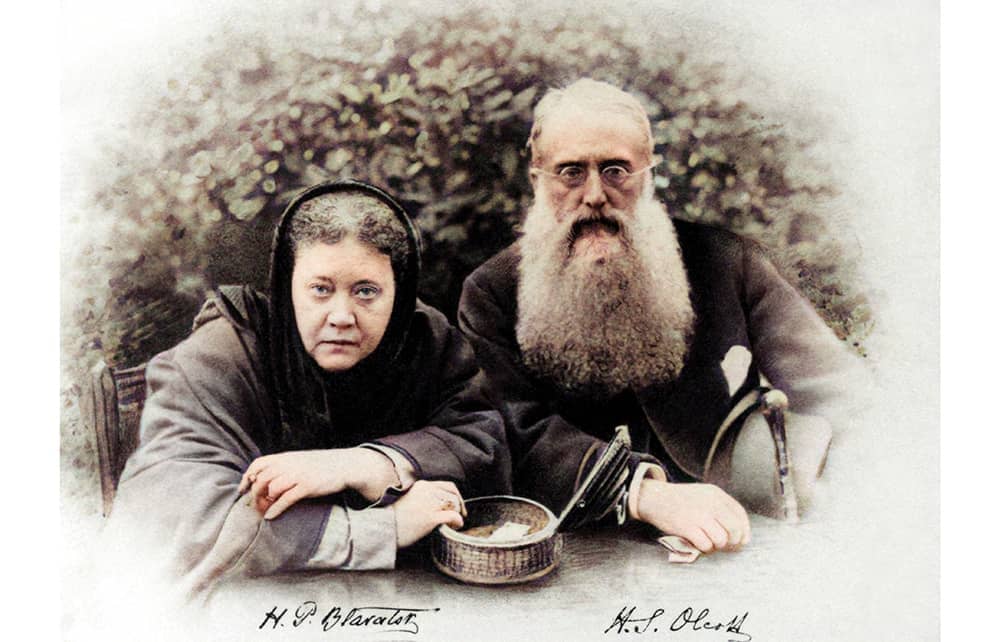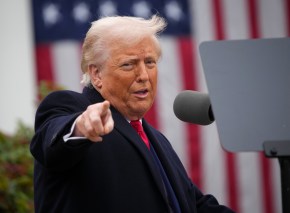Matthew Arnold cannot have been much fun on holiday. Watching waves crash on the pebbles at Dover Beach, he heard only metaphors for the decay of religion. The ‘Sea of Faith’ had once been full, but now its ‘melancholy, long, withdrawing roar’ filled his ears. Dominic Green thinks he was much too gloomy. He prefers Arnold’s chirpy contemporary Ralph Waldo Emerson, who perceived that faith was not so much ebbing as flowing into new channels.
From the time of the 1848 revolutions to the century’s close, railways, industrialised wars and questions raised by geologists and biologists shook people’s faith in Christianity. But the crisis of religion fuelled the expansion of religiosity. A motley crew of seekers understood their quest for modern kinds of meaning and selfhood as essentially spiritual.
Henry David Thoreau, groping after unity with nature by Walden Pond, became ‘America’s first yogi’
The forces knitting their westernising world together – from steamships to imperialism – encouraged cross-fertilising experimentation. They created not only networks of ideas, but the idea of the network, a word coined in 1839. In New England, Emerson learned to transcend divisions between Christianity and other faiths by reading Hindu texts in translations commissioned by Britain’s East India Company. While Arnold sorrowed by Dover Beach, Emerson’s disciple Henry David Thoreau groped after unity with nature by the calmer waters of Walden Pond, becoming ‘America’s first yogi’.
Green relies on demonstration rather than argument to make his case that religion’s loss was religiosity’s gain. He establishes his revolution by weaving together the biographies of the revolutionists who spiritualised modern technologies and ideologies. Some of them will be very familiar – Charles Darwin, John Ruskin, Karl Marx – and some obscure – the French occultist Éliphas Lévi, the American Buddhist Colonel Olcott.








Comments
Join the debate for just £1 a month
Be part of the conversation with other Spectator readers by getting your first three months for £3.
UNLOCK ACCESS Just £1 a monthAlready a subscriber? Log in